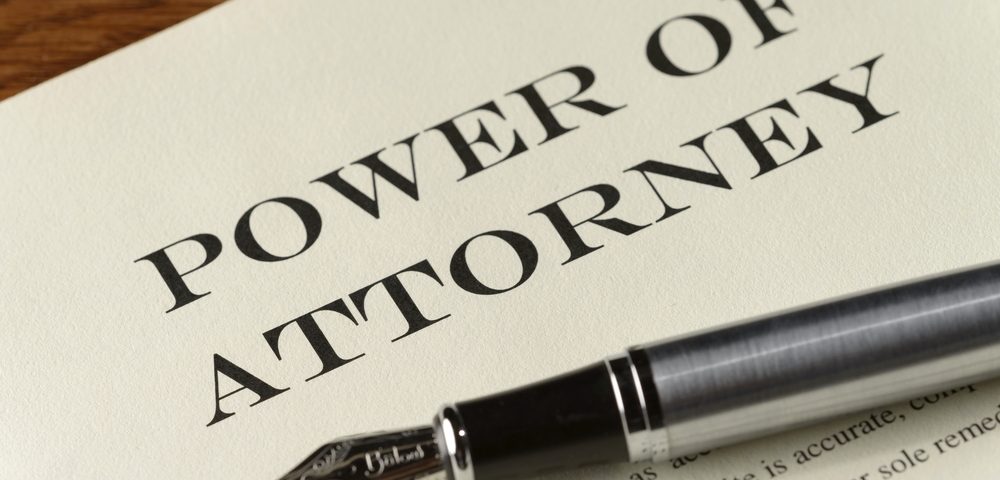
The Role of a Notary at Your Real Estate Closing
August 27, 2019
How to Land Your First Job as a Notary
October 23, 2019There is a mobile optimized version of this page, view AMP Version.
As a rule of thumb, notaries are extremely careful not to engage in unauthorized practices, especially when it comes to abiding to the law. One of the most complex and important documents a notary needs to draft is notarizing a power of attorney signature.
The term “power of attorney” includes a vast number of legal documents that assign a unique level of authority and power to a certain individual. A power of attorney empowers an individual to take complex decisions in the realm of real estate, healthcare or finances, on behalf of another individual. Thus, notarizing a power of attorney signature becomes mandatory in various situations.
This legally binding document usually requires two parties: the principal, or the person who gives their power to someone else, and the agent, also called the attorney-in-fact, which is the beneficiary of this “power.” This legal document becomes effective either immediately, or if specified in the contract, at a future date. For instance, the parties can agree that the effective date may begin when the principal suffers from mental or physical incapacity or when he or she has an accident.
Drafting a Power of Attorney
Each state in the US has its own laws regarding power of attorney. In order to protect all the parties involved in this legal action, the document needs to be drafted by a law practitioner. The attorney is the one responsible to ensure that all the information contained in the document is according to the law.
Notarizing a Power of Attorney Signature
Next, it is the turn of a notary to properly notarize this transaction. Depending on the state, notaries might either need to notarize both signatures of the parties involved, or only notarize the signature of the principal.
If a notary is either the agent or the principal of the power of attorney contract, he or she cannot sign the document. In this case, notarizing the contract is a direct conflict of interest, punishable by law.
The Process of Notarizing a Power of Attorney
Notarizing a power of attorney signature is a complex process that requires specific steps to follow. We’ve streamlined the process to make it easy for you to understand and apply it.
1. Discover your State Laws
First and foremost, you need to ensure that you know the notarizing laws of your state. For instance, in Mississippi, both parties need to sign the document in front of a notary, while in New Hampshire they can sign the document in remote locations and just mail the document.
2. Use a Form that is Legal in your State
There are various types of power of attorney forms available. However, you need to use one that meets your state’s laws. Once it is signed, it will become active at a federal level. However, it is important to make sure it is legal, so you have to use a form that is specific to your state.
Moreover, you need to choose a form that gives the agent specific powers. For example, if the principal needs to offer the agent power of their finances and healthcare, the form must specifically include these two separate topics.
3. Draft the Document
Next, you need to go to a local or state lawyer to draft the document. You need to either choose a durable power of attorney document or a springing power of attorney one. In the former case, the document goes into effect immediately, while in the latter it goes into effect at a certain date in the future or in case the principal becomes incapacitated.
The lawyer needs to review the document or help you fill it in.
4. Notarize the signature
Lastly, you have to complete the process by notarizing a power of attorney signature. Find a public notary or go to your bank, if they offer free notarizing services. Meet with the notary and sign the document in their presence, or if your state allows, send the document via fax or email after you’ve signed it.
Notarizing a power of attorney signature is a key step in the process of getting a power of attorney document, which is extremely useful in many situations. In order to learn more about notarizing a power of attorney, contact us.
Coast2Coast Signings is a global signing service dedicated to providing the most convenient, efficient, and professional signing services.

